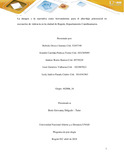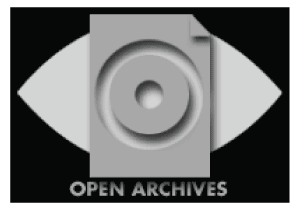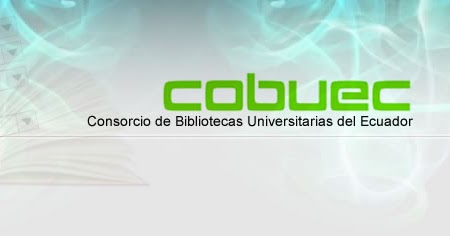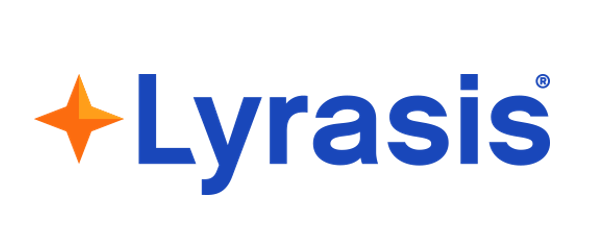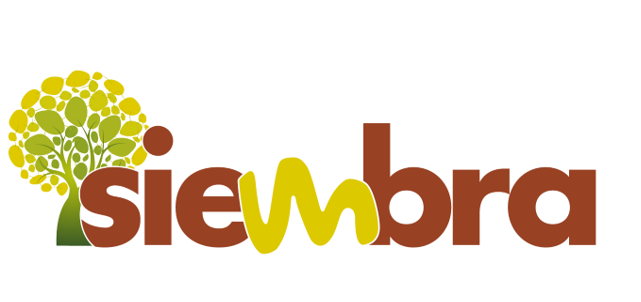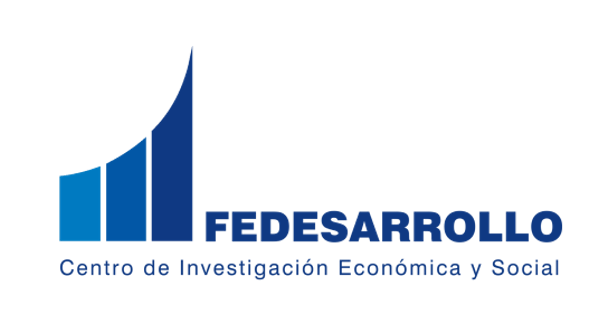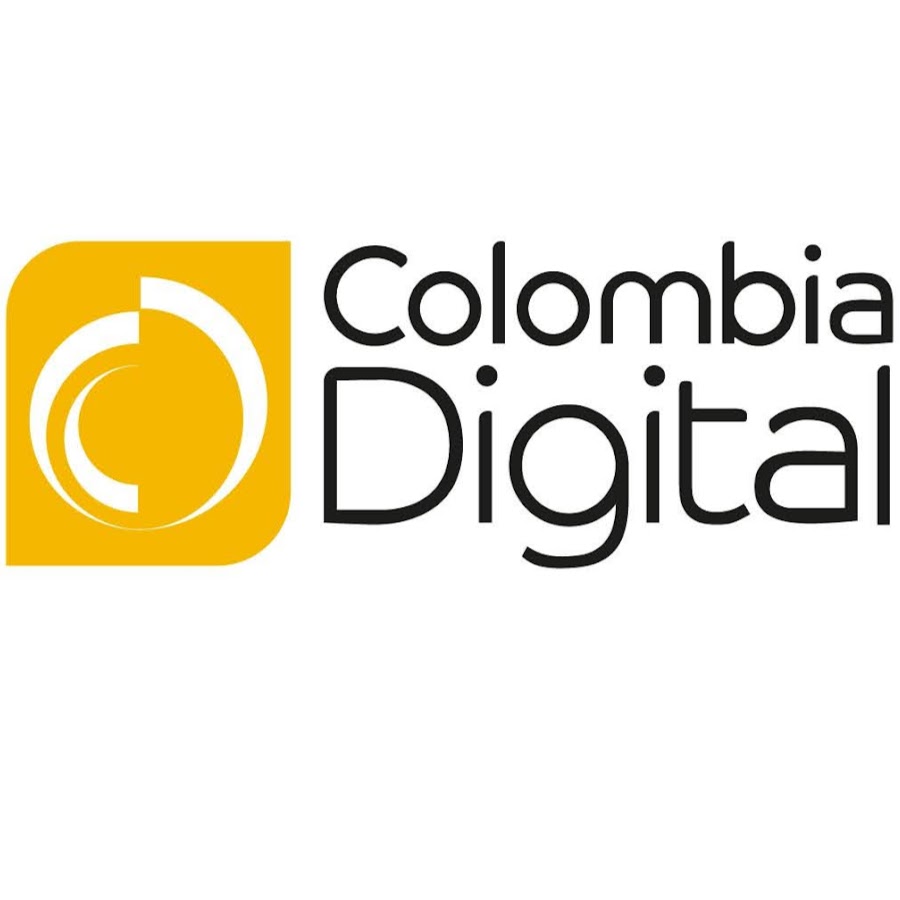Mostrar el registro sencillo del ítem
La imagen y la narrativa como herramientas para el abordaje psicosocial en escenarios de violencia en la ciudad de Bogotá, Departamento Cundinamarca.
| dc.contributor.advisor | Delgado Hernandez, Boris Geovanny | |
| dc.coverage.spatial | cead_-_josé_acevedo_y_gómez | spa |
| dc.creator | Orozco Santana, Rubiela | |
| dc.creator | Pedraza Torres, Jennifer Carolina | |
| dc.creator | Torres Barrera, Idalmis | |
| dc.creator | Gutierrez Valbuena, Liset Yalerdy | |
| dc.creator | Parada Críales, Lesly Jaidive | |
| dc.date.accessioned | 2018-05-08T22:26:31Z | |
| dc.date.available | 2018-05-08T22:26:31Z | |
| dc.date.created | 2018-04-20 | |
| dc.identifier.uri | https://repository.unad.edu.co/handle/10596/17901 | |
| dc.description.abstract | El diplomado en acompañamiento Psicosocial en Escenarios de Violencia cuenta con un fuerte enfoque investigativo en relación al análisis de problemas y/o eventos traumáticos. El programa permite que en los casos analizados, se identifiquen fenómenos de violencia en los que la subjetividad particular del individuo afecta su entorno social y comunitario de manera desfavorable. Esto sucede, debido a la común aparición de desequilibrios emocionales, psicológicos y sociales. Siendo así que mediante el abordaje de la subjetividad se trabajara en los diferentes casos, el de Fabián Medina, la comunidad de Pandurí y la actividad de la foto voz, son escenarios que permiten indagar, conocer el pensamiento y percepción subjetiva que se tiene frente a un contexto o realidad que se alimenta por una experiencia que está a su vez, evoca en la memoria y se expresa con la herramienta narrativa que a través del leguaje permite conocer historias, verdades, injusticias, traumas o trastornos que afecta la salud psicológica y física de la víctima o victimario, impidiendo aportar al desarrollo sistémico creando problemas psicosociales que afectan de forma directa o indirecta al otro individuo que comparte su mismo espacio. El trabajo consta de la participación de 5 integrantes, donde en la parte individual por medio de nos ítems, se desarrolla el análisis del relato de Fabián Medina, resaltado los esfuerzos personales, familiares, colectivos y comunitarios que en él se movilizan para romper ciclos de violencia e injusticia social, para luego reflexionar y hacer la formulación de preguntas a partir del análisis de relato. Con la aplicación del enfoque narrativo en foto voz y relatos en escenarios de violencia, se logra una reflexión significativa por la que se planea una intervención de abordajes terapéuticos y psicosociales sobre violencias de forma colectiva y reflexiva, permitiendo que los profesionales tengan claras las herramientas que deben utilizar para casos de violencia y atención psicológica pertinente, con el fin de transformar vidas y contextos que requieren de la reparación de victimas. | spa |
| dc.format | spa | |
| dc.format.mimetype | application/pdf | spa |
| dc.language.iso | spa | spa |
| dc.publisher | Universidad Nacional Abierta y a Distancia UNAD | spa |
| dc.title | La imagen y la narrativa como herramientas para el abordaje psicosocial en escenarios de violencia en la ciudad de Bogotá, Departamento Cundinamarca. | spa |
| dc.type | Diplomado de profundización para grado | spa |
| dc.subject.keywords | Abordaje de la subjetividad | spa |
| dc.subject.keywords | Abordajes terapéuticos y Psicosociales | spa |
| dc.subject.keywords | Desarrollo sistémico | spa |
| dc.subject.keywords | Enfoques narrativos y subjetividad | spa |
| dc.subject.keywords | Problemas psicosociales | spa |
| dc.description.abstractenglish | The course “Acompañamiento Psychosocial en Scenarios de Violence” -Psychosocial support in violence scenarios- has a strong research focus concerning problems and traumatic events analysis. Within the cases analyzed, the program leads to the identification of violence phenomena, in which individual’s particular subjectivity affects his/her social and communitarian context in an adverse way. This occurs, due to the common outbreak of emotional, psychological and social imbalance. The work consists of the participation of 5 members where in the individual part is carried out by means of some items the development of discourse analysis on the story of Fabián Medina highlighting the personal, family, collective and community efforts that are mobilized in it to break cycles of violence and social injustice, to then reflect and ask the questions from the analysis of the story. With the application of the narrative approach in photo voice and stories in scenes of violence, a significant reflection is achieved by which an intervention of therapeutic and psychosocial approaches on violence is planned in a collective and reflexive way. Subjectivity as the contruct of the individual, that material that makes it authentic, proper, whether the circumstance that surrounds the person can not be taken away is what belongs to him, being this the most important characteristic of the subject that in spite of what lived according to Fabian Medina, the community of Pandurí and the activity of the photo voice are all activities that allow us to investigate, to know the subjective thought and perception that we have in front of a context or reality that is nourished by an experience that this in turn evokes in memory and is expressed with the narrative tool that through language allows to know stories, truths, injustices, traumas or disorders that affect the psychological and physical health of the victim or victimizer that prevents contributing to systemic development, creating psychosocial problems that cause them to directly or indirectly affect the other individual that shares their same space, this exercise allows Professional trainees have clear tools to use for these cases of violence and what is the relevant psychological care, in order to transform lives and contexts in the contribution of the reparation of victims facing the State with its peace process with the different materials that the Units of the knowledge environment provide. | spa |
| dc.subject.category | Psicología | spa |
| dc.rights.accesRights | info:eu-repo/semantics/openAccess | spa |
| dc.rights.acceso | Abierto (Texto Completo) | spa |

